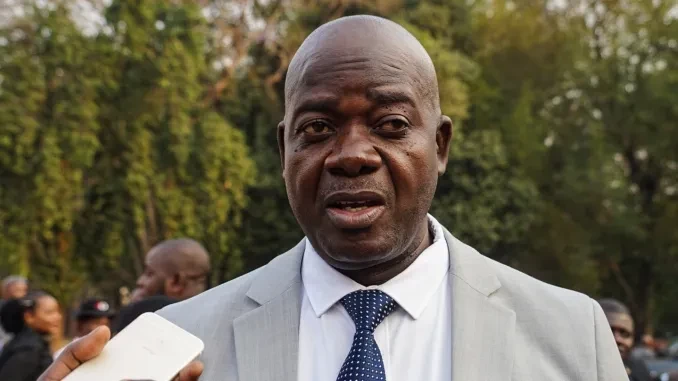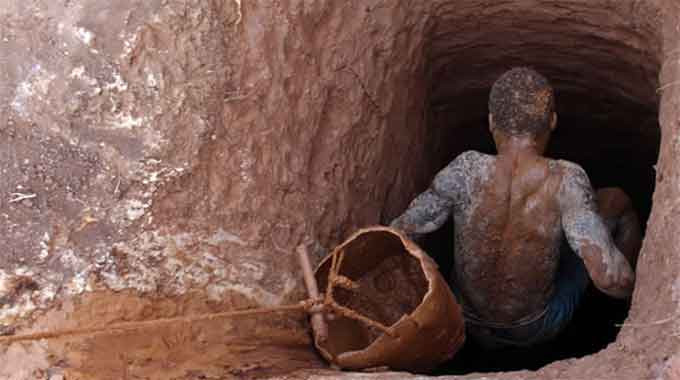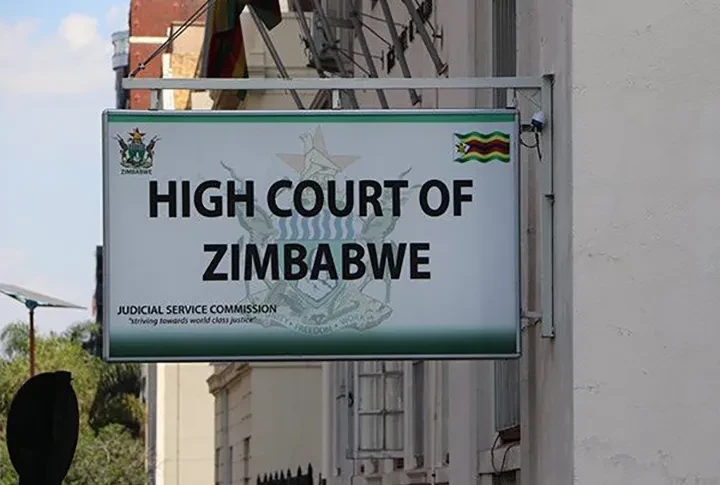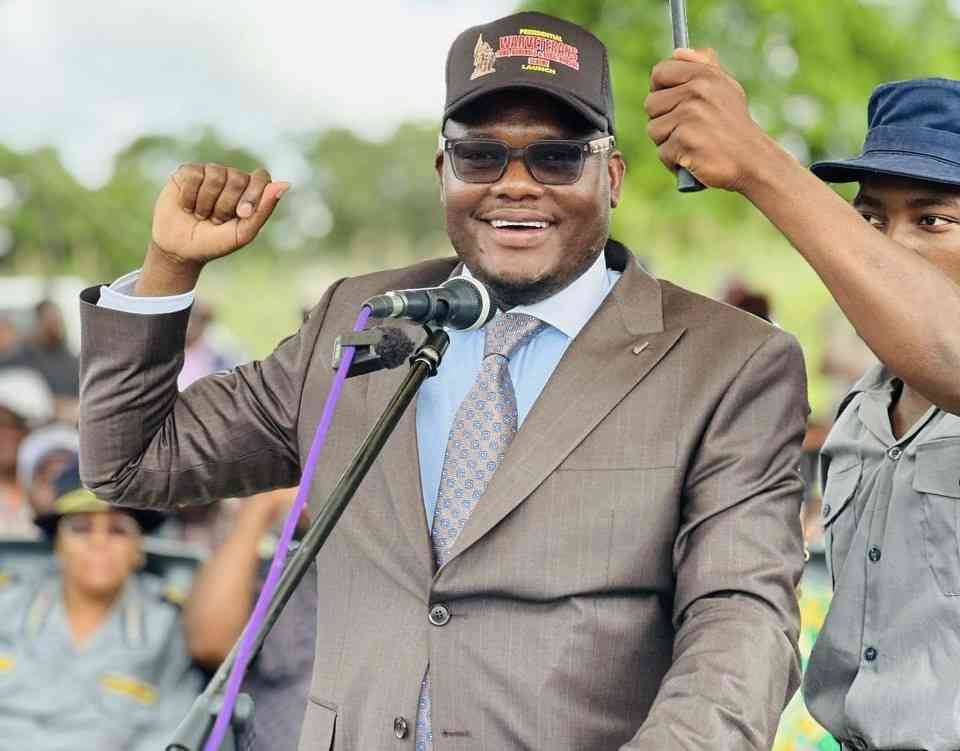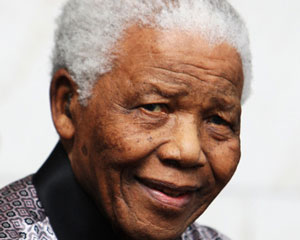
President Robert Mugabe had a strained relationship with the late former South African leader, Nelson Mandela as they silently fought for relevance on the global stage and sought to outdo each other on legacy issues.
Mandela died on Thursday and there has been an avalanche of condolence messages from the region and international community.
But Harare, South Africa’s neighbour geographically, sent its condolence message well after others and the State-owned newspapers have not been very kind to the revered international icon even in death.
But Mugabe’s own condolence message to South Africa’s President Jacob Zuma did not show hate.
“Nelson Mandela’s renowned and illustrious political life will forever remain a beacon of excellence. Not only was he a great champion of the emancipation of the oppressed, but he also was a humble and compassionate leader who showed selfless dedication to the service of his people,” Mugabe said in a statement.
“We join the rest of the nation in mourning his departure. The late Nelson Mandela will forever remain in our minds as an unflinching fighter for justice.”
Though both leaders shared revolutionary backgrounds in the fight against racial segregation, they later differed on how they handled the racial issue.
Zimbabwe was one of the countries that Mandela first visited after his release from prison in February 1990 and was showered with honours including the Freedom of the Cities of Harare and Kwekwe the following month.
- Chamisa under fire over US$120K donation
- Mavhunga puts DeMbare into Chibuku quarterfinals
- Pension funds bet on Cabora Bassa oilfields
- Councils defy govt fire tender directive
Keep Reading
They both adopted a reconciliation approach with their people’s former oppressors, but Mugabe later changed and chose to “strike fear in the heart of the white man” when he felt that his rule was under threat.
Analysts said Mugabe felt very uncomfortable with Mandela when he was released from prison in 1990 and stole the international limelight from the Zimbabwean leader, who during that time, was viewed as a renowned statesman in the Sadc region. But Mandela stole that from him. In one televised interview in May this year, Mugabe labeled Mandela as too much of a “saint” for doing good to whites in South Africa who previously oppressed the black majority. “Mandela has gone a bit too far in doing good to the non-black communities, really in some cases at the expense of [blacks]…,” Mugabe told talk show host Dali Tambo in an interview. “That is being too saintly, too good, too much of a saint.”
International reports and thought leaders opined that Mugabe was somewhat jealous of Mandela’s popularity as a bastion of black people’s rights and a symbol of the fight against racial segregation.
This was confirmed in an interview where Mandela in a meeting with former French President Nicolas Sarkozy said that an increasingly unpopular Mugabe did not want him released from prison.
In a televised interview Sarkozy in 2008 asked Mandela how he judged what was happening in Zimbabwe.
“Before I was released from prison, he was the most popular African leader, but when I was released the media said this is the end of Mugabe from the point of view of popularity. In fact he himself didn’t want me to come out of jail,” said Mandela.
In another 2010 public address, Mandela took a swipe at Mugabe.
“We have seen the outbreak of violence against fellow Africans in our own country and the tragic failure of leadership in our neighbouring Zimbabwe,” said Mandela, who was opposed to Mugabe’s sending of his army to the DRC to prop up the late President Laurant Kabila.
While Mandela only served four years as president, and retired when people still wanted him, Mugabe has so far ruled for 33 years and has been accused of sponsoring the Gukurahundi massacres in Midlands and Matabeleland region.
It is estimated that 20 000 people were killed during that era and some human rights organisations want the 89-year-old leader tried at the International Criminal Court (ICC) in The Hague for human rights abuses.
These accusations soiled his international reputation as a global statesman.
Political analyst, Dumisani Nkomo concurred that there were no personal problems between both leaders.
“This was essentially a matter of legacy issues. Mandela had a strong legacy, he retired early, was admired as a global statesman whereas Mugabe was increasingly viewed as a dictator,” said Nkomo.
“Mandela was genuinely concerned about the wellbeing of Africans and generally wanted a peaceful solution to the Zimbabwean problem. His legacy is still uncontested and he towers above other African leaders of our time,” he said.

